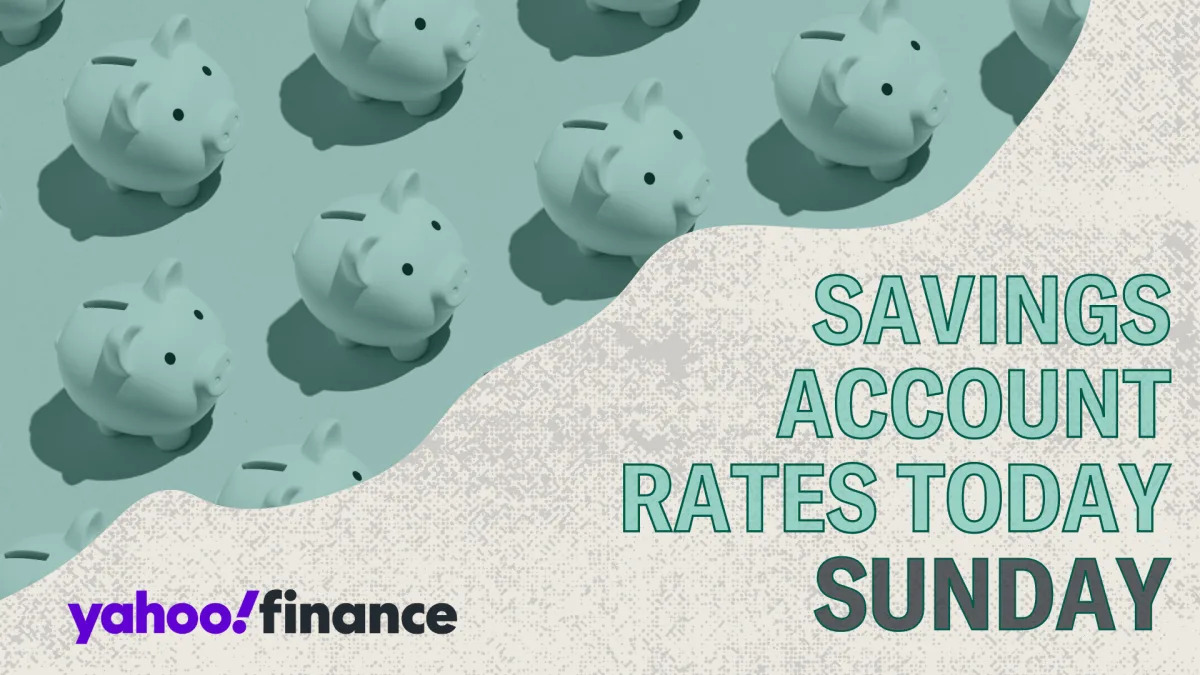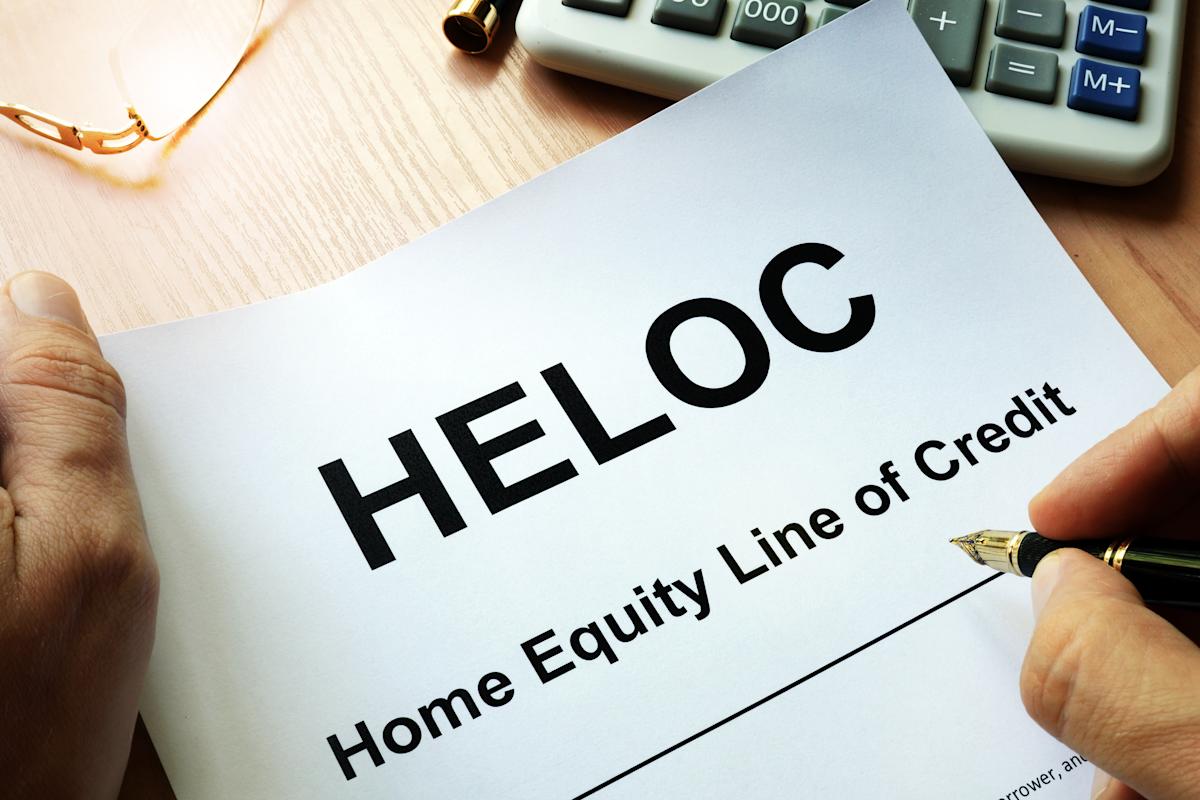My fiance and I are buying a house — but he won’t put my name on the deed since he’s making the down payment
If you are considering buying a house together or significantly contributing to mortgage payments and other living expenses, it’s a bad sign if your partner is looking for ways to block your claim to ownership of the property, especially if it is your primary or only residence. In the scenario outlined above, this is a major indicator that your partner is not financially trustworthy.
Also, while the childcare you’ve provided isn’t paid work in the traditional sense, it does hold value, and this should be acknowledged in the partnership. While you hypothetically could have gone back to work to earn a traditional paycheck, you then might have had to find paid childcare.
Advice for new couples
For couples who intend to cohabitate or have not established a common law marriage but will be sharing the cost of a mortgage, it’s essential that both names appear on the deed to the home. If this is not possible, you can opt to sign a cohabitation agreement that outlines the division of your property if you choose to part.
Before you enter into any major purchases with your partner, be clear on your rights. As an unmarried person, your partner’s finances and property remain theirs, even if they buy a home while you’re together, and you contribute significantly to the cost. And if you have any doubts about your partner’s intentions or the financial repercussions for you if the relationship ends, don’t contribute to the mortgage or down payment.
Read more: This is how American car dealers use the '4-square method’ to make big profits off you — and how you can ensure you pay a fair price for all your vehicle costs
Financial abuse
A partner who is trying to block you from exercising your legitimate claim to the home you share or plan to share may be showing early signs of abusive tendencies. Financial abuse is a control tactic where an abuser will intentionally manipulate or control a victim’s access to money, their financial autonomy, withhold financial information that affects the victim, or block them from accessing any financial advice, products or property that would give them freedom to leave the relationship. The National Network to End Domestic Violence says that financial abuse happens in 99% of domestic abuse cases.
In the case of the couple who has cohabited for several years and share a child, one partner attempting to block the other from property rights that would normally be theirs in a marriage is definitely a flag. Regardless of the reasons, unmarried couples are best advised to have clear legal agreements about major joint property, and to maintain separate bank accounts so that neither partner will be left without an emergency fund if the relationship ends.
Financial self-care
Whether you’re married, common-law, or in a partnership, maintaining a separate emergency fund is an important step to safeguard yourself, especially if you’re a woman. Studies show that the gender pay gap persists, with white women earning 83% of what men earned in 2022, and the gap increasing for women of color. In the case of a stay-at-home mom, leaving the workforce to be a caregiver is a significant financial pitfall, costing women $150,000 in wages on average.
Contributing three to six months of expenses to an emergency fund can help get you on your feet quickly if you need to leave your relationship for any reason. You can open a high yield savings account separate from any joint accounts you hold with your partner, and set a budget for monthly contributions.
In the case of our example couple, it may be advisable to seek financial counselling to help outline their money goals in the relationship and future marriage. A couples therapist may also help to unravel the miscommunication and mismatched expectations for their future — financial or otherwise.
What to read next
-
Want an extra $1,300,000 when you retire? Dave Ramsey says this 7-step plan ‘works every single time’ to kill debt, get rich in America — and that ‘anyone’ can do it
-
Rich, young Americans are ditching the stormy stock market — here are the alternative assets they're banking on instead
-
Robert Kiyosaki warns of a 'Greater Depression' coming to the US — with millions of Americans going poor. But he says these 2 'easy-money' assets will bring in ‘great wealth’. How to get in now
-
Here are 5 ‘must have’ items that Americans (almost) always overpay for — and very quickly regret. How many are hurting you?
This article provides information only and should not be construed as advice. It is provided without warranty of any kind.
Content Original Link:
" target="_blank">







































